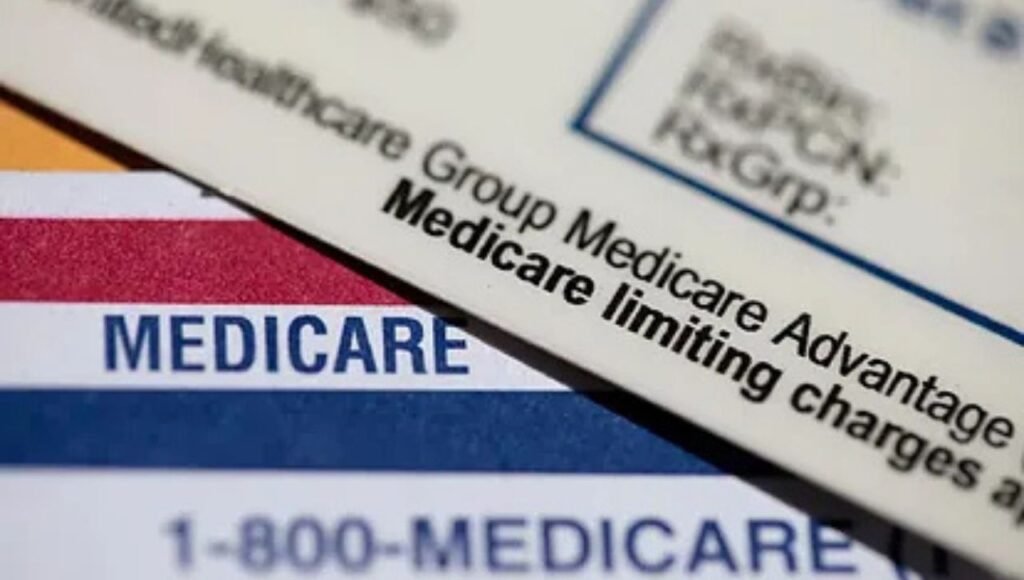Medicare in 2025 – Age Eligibility, Qualifications & More
As 2025 approaches, millions of people in the U.S. are approaching retirement age and planning to enroll in Medicare. Medicare is a federal health insurance program designed for people age 65 and older and those with certain serious illnesses or disabilities.
One must enroll in Medicare at the proper time since missing deadlines generates additional expenses and interrupts health coverage benefits. Regular health coverage and additional fees become potential risks if you delay your enrollment into Medicare. A late Medicare enrollment triggers permanent fee penalties therefore it is crucial to develop appropriate timing.
Eligibility for Medicare

For most people, eligibility to enroll in Medicare begins at age 65. If you are already receiving Social Security benefits, you will be automatically enrolled in Medicare Part A (hospital insurance) and Part B (medical insurance).
However, if you are still working and have employer-provided health insurance, you can delay Part B without any penalty. But as soon as your employer coverage ends, you must enroll in Medicare within a certain time frame to avoid any additional fees.
Medicare Enrollment Periods
There are three main deadlines for enrolling in Medicare. Failure to meet them can cost you financially.
1. Initial Enrollment Period (IEP)
This is your first and best opportunity to enroll in Medicare. It lasts for seven months:
- 3 months before your 65th birthday
- The month of your 65th birthday
- 3 months after your 65th birthday
If you enroll during this period, your Medicare coverage will begin smoothly and you will not have to pay any additional costs.
2. Special Enrollment Period (SEP)

If you or your spouse are still working and are covered under employer-provided health insurance, you can enroll in Medicare under a Special Enrollment Period (SEP). This allows you to join Medicare without a penalty:
- As long as you are covered by employer-provided health insurance
- Within 8 months after employer coverage ends
3. General Enrollment Period (GEP)
If you miss both the IEP and SEP, you have another chance to enroll between January 1 and March 31 each year. However, enrolling during this time can result in a lifetime penalty added to your monthly premium, which can cost you more.
Medicare Before Age 65
Although most people are eligible for Medicare at age 65, Medicare coverage can be obtained before 65 in certain cases, such as:
- Individuals receiving Social Security Disability Insurance (SSDI) – if you have received SSDI benefits for 24 consecutive months
- Patients with ALS (Lou Gehrig’s disease) – Such patients are automatically enrolled in Medicare.
- Patients with End-Stage Renal Disease (ESRD) – Those who need dialysis or a kidney transplant.
In addition, in some cases, spouses, dependent children and dependent family members of eligible employees can also receive Medicare benefits.
Medicare Premiums and Additional Fees

Medicare is not free for everyone.
- Medicare Part A – If you have worked for at least 10 years (40 credits) and paid Social Security taxes, it will be free.
- Medicare Part B – In this, a fixed premium has to be paid every month, the amount of which is decided based on your annual income.
If your income is high, you may also have to pay an additional fee under IRMAA (Income-Related Monthly Adjustment Amount).
Costs
| Medicare Part | Coverage | Cost (2025) |
|---|---|---|
| Part A | Hospital insurance | Free (if you worked 10+ years); up to $518/month otherwise |
| Part B | Doctor visits & outpatient care | Standard $185/month (higher for high-income earners) |
What to do next? (Next Steps)
- If you are close to 65, keep your Initial Enrollment Period (IEP) in mind and sign up on time to avoid any penalties.
- If you are still working and have employer insurance, consult your HR department about when it is best to enroll in Medicare.
- If you are younger than 65 and have a disability or serious illness, check your eligibility as soon as possible to receive Medicare benefits at the right time.
If you need more information or to confirm your eligibility, you can visit the official Medicare website at Medicare.gov or call 1-800-MEDICARE (800-633-4227).
Frequently Asked Questions (FAQs)
When should I enroll in Medicare?
The Medicare enrollment process begins three months before your birthday year so you must join Medicare at age 65.
Can I defer Medicare if I’m still working?
Yes, if you have employer-provided health insurance, you can delay getting Medicare Part B without a penalty.
What if I miss the Medicare enrollment deadline?
You’ll have to wait until the next General Enrollment Period (GEP) and may also have to pay additional lifetime premium charges.
Is Medicare free for everyone?
Medicare Part A is free for people who have worked 10 years or more. But Part B requires a monthly premium.
Who is eligible for Medicare under 65?
People who are receiving SSDI benefits (after 24 months), suffering from ALS or ESRD can get Medicare coverage even before the age of 65.
Conclusion
It is very important to enroll in Medicare on time so that you get better health coverage and avoid unnecessary penalties. If you are turning 65 soon or are suffering from a critical illness, check your eligibility and plan so that you can get the necessary benefits at the right time.



